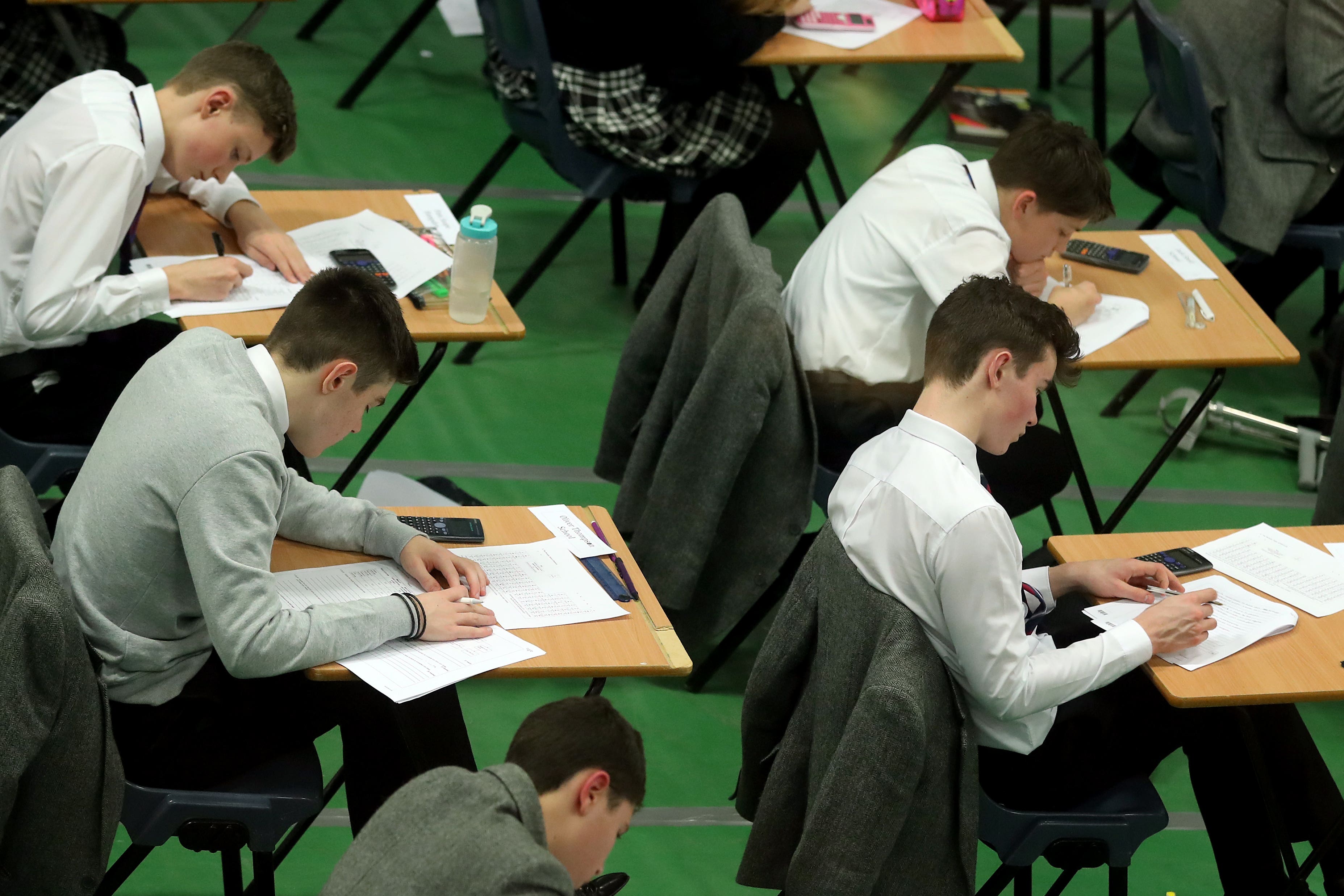Rise in entries for A-levels in Russian and Chinese
The languages are seeing a jump in popularity according to A-level results

Your support helps us to tell the story
From reproductive rights to climate change to Big Tech, The Independent is on the ground when the story is developing. Whether it's investigating the financials of Elon Musk's pro-Trump PAC or producing our latest documentary, 'The A Word', which shines a light on the American women fighting for reproductive rights, we know how important it is to parse out the facts from the messaging.
At such a critical moment in US history, we need reporters on the ground. Your donation allows us to keep sending journalists to speak to both sides of the story.
The Independent is trusted by Americans across the entire political spectrum. And unlike many other quality news outlets, we choose not to lock Americans out of our reporting and analysis with paywalls. We believe quality journalism should be available to everyone, paid for by those who can afford it.
Your support makes all the difference.Ukrainian refugees may be fuelling a rise in entries for A-level Russian, it has been suggested.
A-level exam data shows there were 1,044 entries for the subject this summer, up from 827 in 2023 – a 26% increase.
It means that entries for the subject are now at their highest level since 2018, when the number stood at 1,160.
Sir Ian Bauckham, Ofqual’s chief regulator, said: “It’s difficult to be precise about why exactly you see changes in these lesser taught languages, but I think we can all imagine that some Ukrainian refugees who came to the UK over the last couple of years – many of whom are proficient in Russian – may have chosen to enter A-level Russian, and done that using their school or college as an exam centre.
“So it’s likely that that kind of change is behind the changes that you see in entry figures for subjects like Russian.”
Teenagers who came to the UK when Russia invaded Ukraine in February 2022 with knowledge of Russian are likely to have started A-level courses in the autumn of that year and would be receiving their results this summer – two years later, which is the usual length of an A-level course.
Vicky Gough, schools adviser at the British Council, said: “It’s interesting to see an increase in the number of students taking Russian.
“This could partly be due to increased provisions for pupils who speak a language other than English at home, known as home, heritage and community languages (HHCL).
“Our most recent Language Trends report found 79% of state secondary schools in England are now supporting pupils to take examinations in these languages.”
The data, which covers England, Wales and Northern Ireland and was published by the Joint Council for Qualifications (JCQ), also shows an increase in the popularity of Chinese.
There were 1,643 entries for the A-level this year, compared to 1,449 in 2023.
This is still lower than it was in 2019, when there were 2,272 entries for the subject.
Ms Gough said: “It’s positive to see an increase in entries for Mandarin Chinese, which have been boosted in recent years by the expansion of the Mandarin Excellence programme, an initiative delivered by University College London and British Council on behalf of the Department for Education.
“Since its launch eight years ago, the programme has helped more than 11,000 young learners. Research suggests what’s invested in Mandarin Chinese, Spanish, French and Arabic education specifically, could return double for the UK economy.”
We have a small glimmer of hope in the slight increase in French A-level entry figures this year
French has also seen a reversal of fortunes, with a 6.8% increase in entries – the language had previously been in decline in recent years.
Sir Ian said: “We have a small glimmer of hope in the slight increase in French A-level entry figures this year, which is a positive sign.
“But I think it’s too early to say whether or not that is a trend that’s going to be sustained.
“I think what we need to concentrate on now – we have a new GCSE in language coming on stream shortly – and we need to concentrate on making sure schools are properly supported for delivering that and very much hope the students continue to enjoy learning languages and want to continue with them in ever greater numbers because they are also rewarding and interesting subjects to study and important for the nation’s future.”